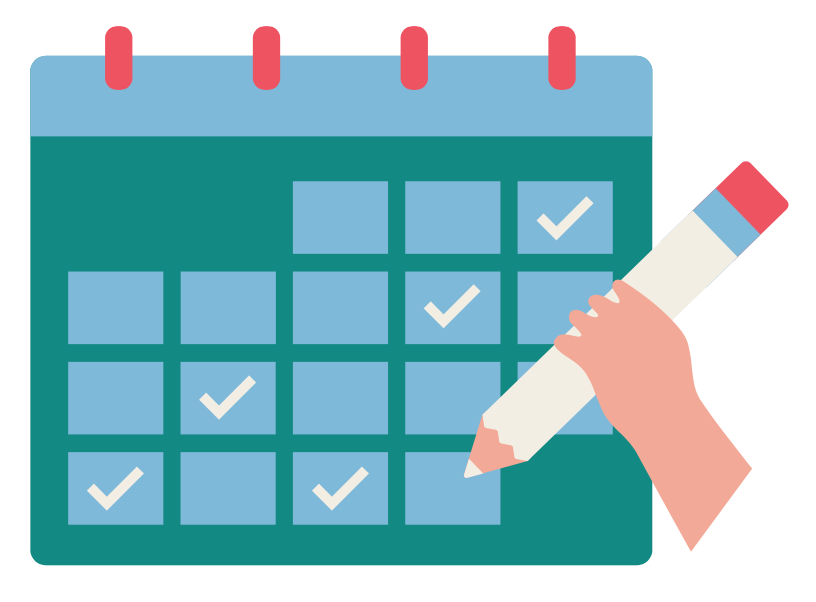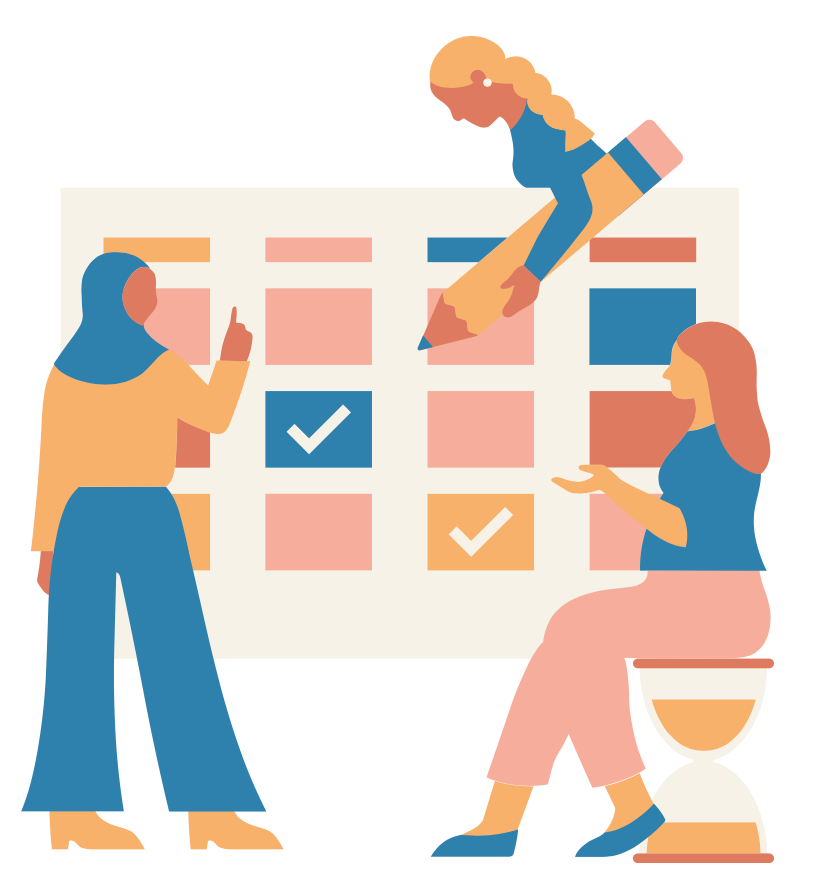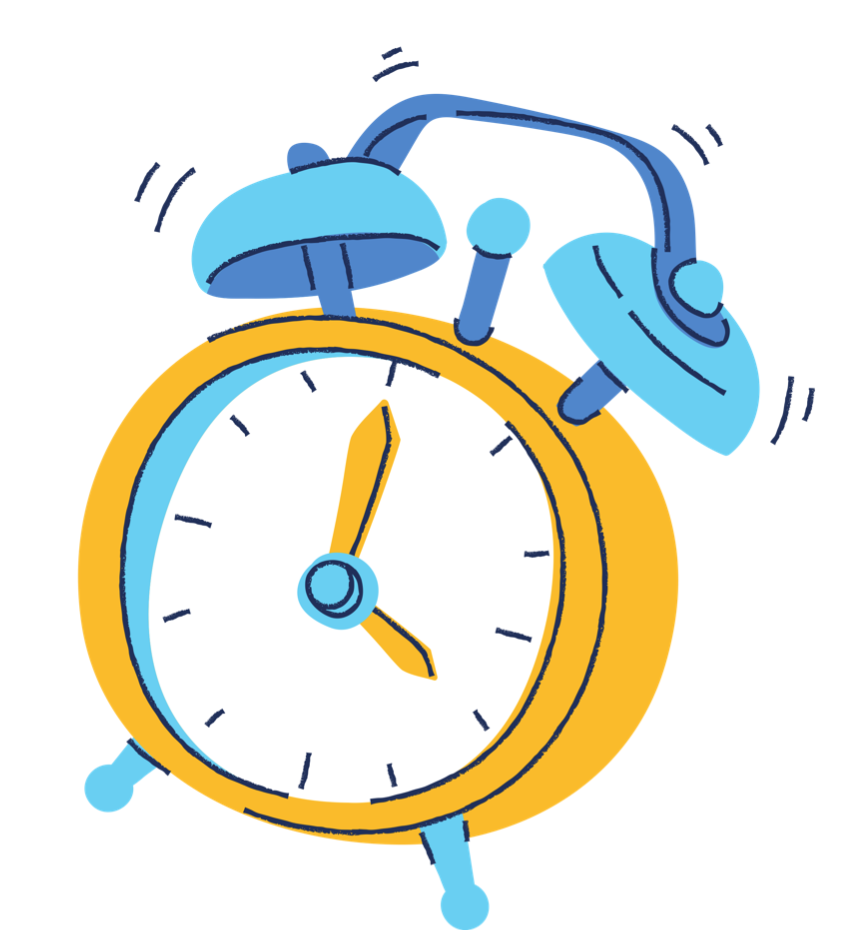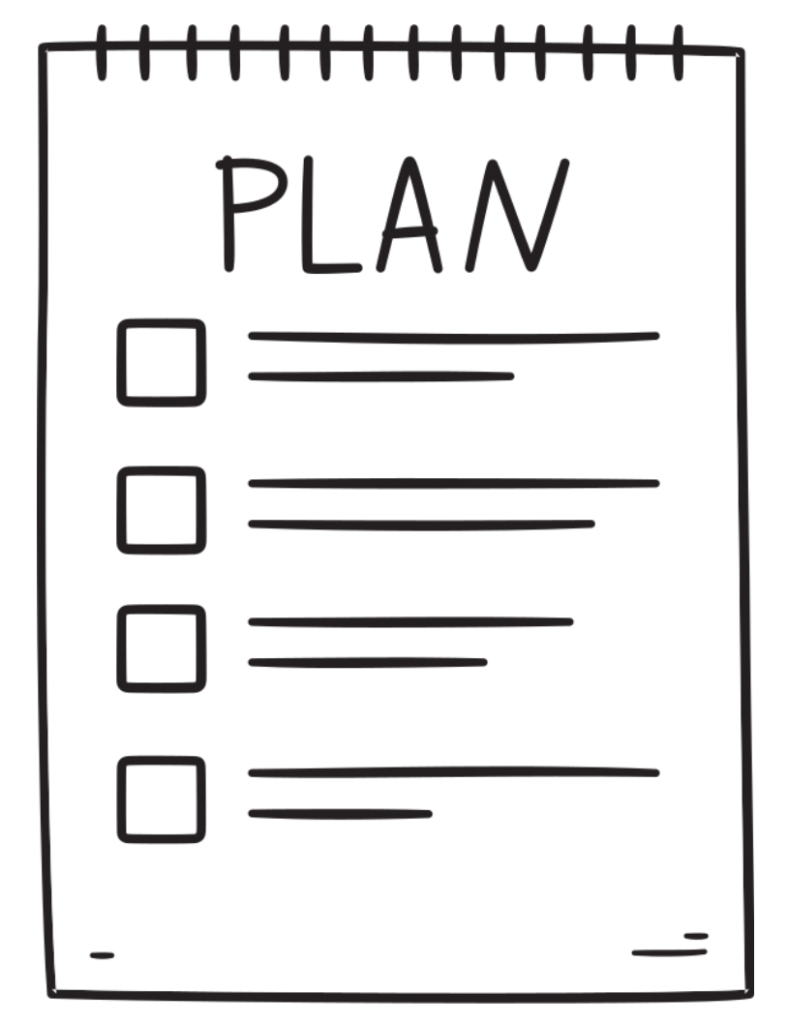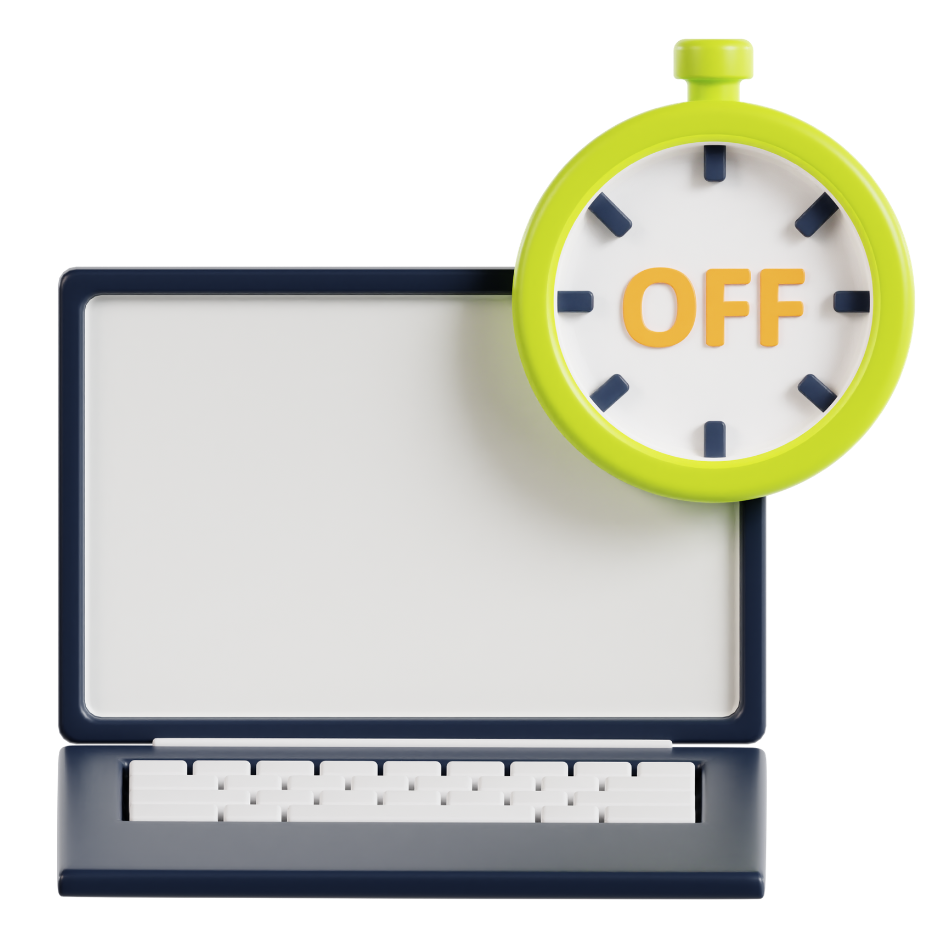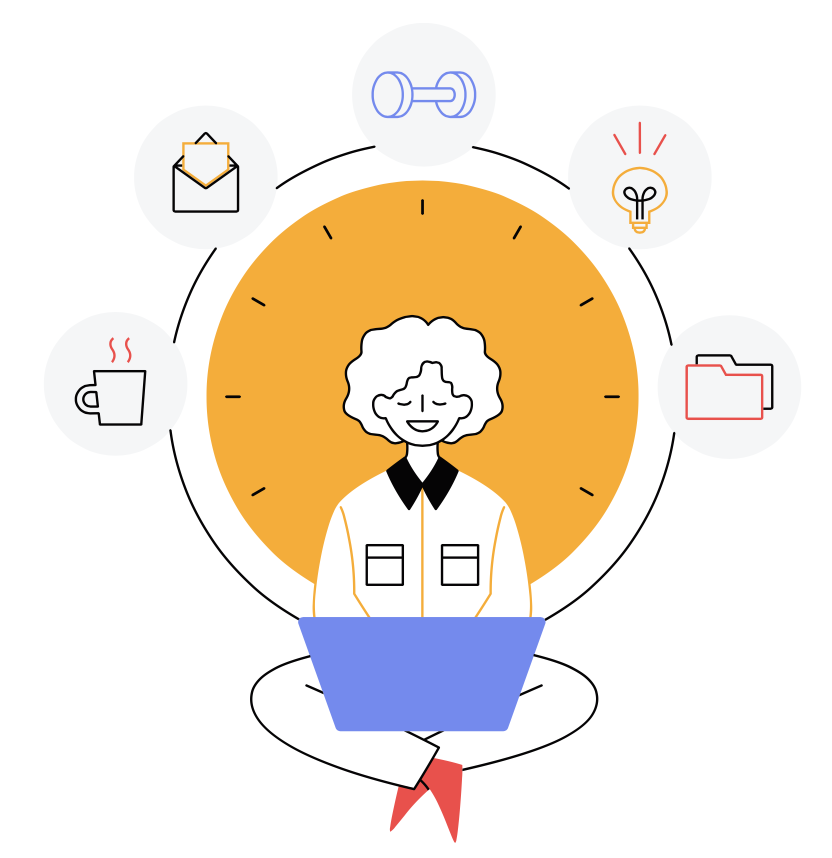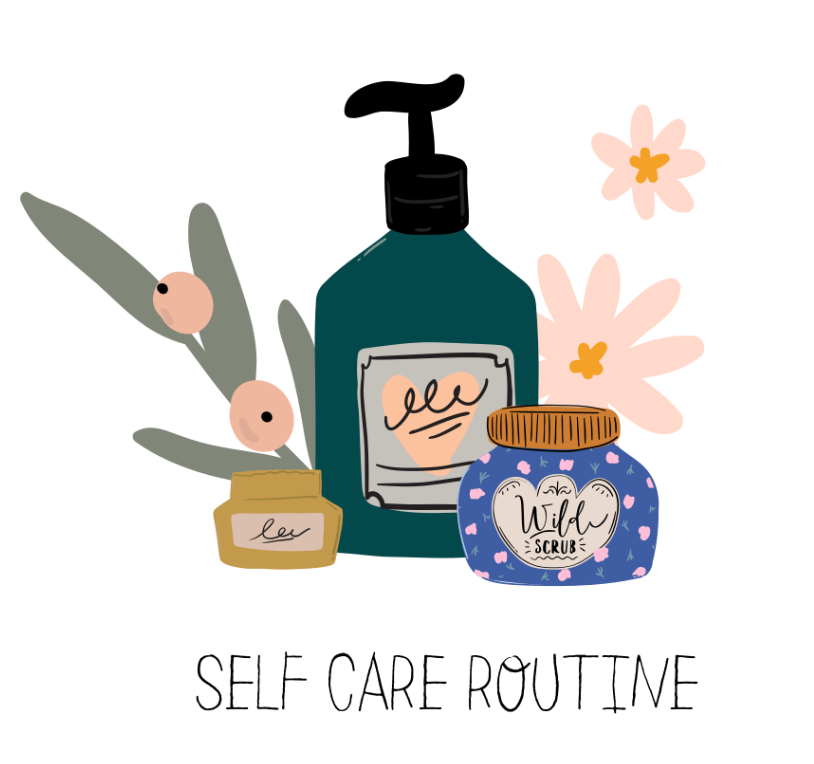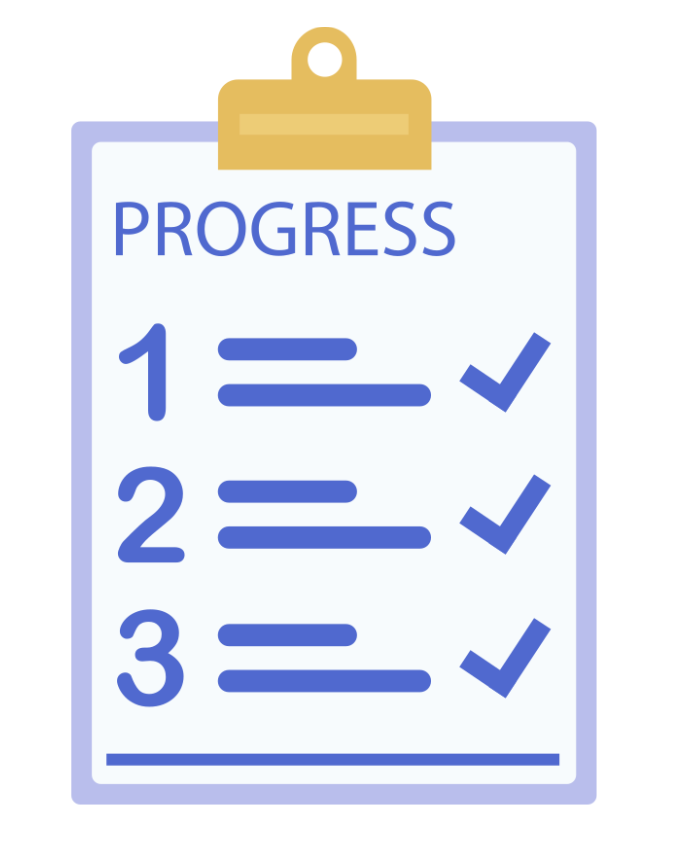This month’s tip addresses a situation I’ve been encountering more and more these days, and it’s increasingly bothersome (a/k/a driving me up a wall).
Do you know anyone like the below people?
- A person who doesn’t keep a promise
- A person who does not honor commitments
- A person who is always late or perhaps doesn’t show up at all
- A person who is constantly saying “I’m sorry,” yet their poor behavior keeps repeating
Technically, a promise is merely a declaration to do something, and often the declaration doesn’t hold true in the future.
Conversely, a commitment is a dedication that ensures the declaration holds true. Both words should hold equal weight. When I promise something, I am equally committed to fulfilling the declaration. Otherwise, why declare something if I do not intend to fulfill it?
When a person displays any of the above traits and becomes a bad habit, it doesn’t always mean they need medical or psychological intervention. In most instances, it simply means the person hasn’t learned how to manage their time properly, affecting their positive and reliable performance.
Life is about developing good habits, so you don’t have to worry about how they affect others. Doing so gives you more time to focus on important items, such as fulfilling your dreams and thriving in your business.
The busier we get, the more skillful we must become with managing time.
Top 8 Tips
Here are my Top 8 Tips to keep sane, get everything done and do it in a professional, timely, and respectful way:
1. No matter your age, embrace calendaring.
It’s no use to profess your freedom not to use most forms of technology. Not everyone can use smartphones and computers to their greatest advantage. The secret is to, at best, integrate a calendar between your phone and computer. I assure you; it will make your life run more smoothly, faster, easier, and more accurately. It will help you stay within etiquette.
Technology streamlines work and play and saves time. I promise!
Why force your brain to remember items when you know they will fail periodically or regularly? Instead, train yourself to let tech do the remembering for you.
I’ve tried many calendaring programs. For now, a Google calendar works best for me. I love it because it allows me to color-code the different types of work and appointments listed. Also because I can create calendars to show different aspects of my life: I have a calendar that shows all work-related items (blue), one for all personal items (yellow), one for birthdays to remember (orange), one for national and local holidays (lime), and one for all business coaching appointments (red.
My calendar looks like an array of colors. It shows me everything I want to do when I want to do them. Best of all, when I want to search for an item, it’s all organized so I can easily locate whatever I’m looking for within a couple of clicks.
2. Set alarms to remember all tasks and appointments.
Setting alarms is key to remembering what needs to be completed at specific times. My phone and computer alarms constantly ring daily. On my phone, I set daily alarms to…
- Ring every 1.5 to 2 hours to remind me to take a break, which studies have proven helps a person be more productive.
- Ring when it’s time to leave the house for appointments to avoid being late. Alarms ring ten minutes before virtual meetings and before leaving the house for an appointment. Without alarms, I miss appointments. Alarms are my second-best friend, next to having a calendar.
- Ring when it’s time to eat lunch or dinner or have afternoon tea. When I don’t set these alarms, I might work all day without any thought of food and drink, which is not good for my health.
- Ring 4 times daily to remind me to give Ron his medications (when he was still at home). This item alone should get you to set alarms; meds are crucial to health.
Alarms are not the enemy to be dreaded. Get comfortable being a servant to your calendar and alarms.
3. Plan your work and work your plan.
I am likelier to forget items when I don’t write them down. Whether for business or personal reasons, I now calendar almost everything I want to accomplish, including dates and times to do laundry and get my hair done every 6 to 7 weeks for the entire year. I also calendar all future activities I want to do. I no longer have to say to myself, “Gosh, I wish I remembered to do this or that.”
Calendaring has helped me to be more relaxed. I feel good knowing I’m not missing out.
4. Achieve more for business and personal life.
Someone suggested I take Sunday mornings to plan my coming week’s work. I hold Sundays sacred as the day I call my brain-dead day. It’s my day to chill out, do as I please, and not think about email or other computer work. Thus, I plan my next week on Saturday mornings. When I worked a regular job, I used the last 15 minutes on Fridays to review and plan my next week. If you are anything like me, I often forget what happened the previous week. I’ve got to review, analyze, and plan for the next week while I remember what transpired the previous week to bring forward what needs to continue in the future.
5. Set weekly and monthly times off in the calendar
It’s crucial to one’s well-being to take time off to rest, relax, rejuvenate, and re-energize. Plan personal weekly rest for yourself, and enjoy time with your loved one, friends, or family at least once a month.
Socialization is a part of maintaining a healthy, well-rounded life. It reduces stress, anxiety, and all other negative effects of working too hard.
Review the calendar at the start of each month to ensure you have at least one fun weekend activity planned for yourself alone and with others. If nothing is showing, create it!
6. Take annual holidays/vacations, and calendar them.
Every January, Ron and I used to develop our annual calendar for monthly weekends off and our annual vacation time.
For 20 years, we scheduled one week in June to go camping for 5-7 days and a week in October or December to take a major trip. We told each other that unless we had a million-dollar deal that conflicted, we might consider changing our vacation plans. For good or bad, we never had to compromise our dates set.
7. Stick to a daily routine.
In addition to all the above, I’ve learned that a daily routine maintains my health and sanity. Here’s my daily routine:
5 a.m. On weekdays, the alarm wakes me up. On weekends, no alarms are set, and I naturally wake by 7 a.m. I generally remain in bed for the first 30-45 minutes to read personal and business emails and scan news articles I subscribe to online: The New York Times, the San Francisco Chronicle, the Marin Independent Journal, and the San Francisco Business Times. It’s important to stay informed about what’s happening locally, regionally, in the state, country, and world. The rest of the day, I focus on completing the to-dos scheduled.
6 a.m. I get up and get dressed, regardless of appointments in or outside the house, virtual or in person.
My breakfast routine begins with a glass of water, liquid supplements, and morning supplements… knock on wood, I do not have to take any medical prescriptions. I enjoy one cup of coffee daily. Breakfast is generally one or two eggs.
7 a.m. I’m at my desk to begin working on the to-dos list. Some days it all works well, and I can complete all items. On other days, I might only get some items done or none at all because I get distracted and sidetracked. I’ve learned to keep making the lists, no matter what, to show success. Without this process, I know I would not accomplish as much. It’s best only to set one larger, or at most two or three smaller items to complete each day, versus having a longer list that becomes overwhelming and unfinished…which then gets rolled over to the next day and continues to add more items. I like patting myself on the back each day when I complete all items for that day.
6 p.m. –I make every effort to stop work by this time, primarily to cook and enjoy a nice dinner and have at least two hours of digestion before I go to sleep. I will also use this time to view the local news and perhaps watch one fun TV show or an educational presentation. I love PBS. I might also hit personal email again while watching TV. Personal emails are only viewed mornings and evenings.
9 p.m., I typically retire by this time to get 8 hours of sleep. Some days I may stay up later; however, the key is to get enough sleep and rest consistently. Last week, I had events to attend that kept me up late for three days straight, and I had to be up and out the door by 8 a.m. the next morning. By Friday, I was physically and mentally exhausted.
8. Find your life’s rhythm and stick to it.
I have found the following rhythm and lifestyle work best for me …
- I work an average of 8-10 hours Monday thru Thursday
- I stop work by 3 p.m. on Fridays to enjoy some TGIF partying
- I work on Saturday mornings to Noon only to review work from the previous week, respond to leftover messages, and plan the next week
- No work of any kind (including no computers or emails) on Sundays.
Sure, some could argue that I am losing time on Fridays and weekends. Yet, I am being equally attentive and productive by spending time working on the other aspects of my health: my personal mental, physical, emotional, and spiritual self.
Conclusion
Learning to calendar all appointments, tasks, and life’s plans, does relate to displaying great etiquette toward others because all actions that are taken result in a ripple effect that does affect others directly and indirectly, as in the above examples.
By becoming a master calendar user, it will result in being able to:
- Set goals to accelerate your productivity, advance your career, and achieve success!
- Create schedules to get work done faster, easier, and more efficiently!
- Prioritize tasks based on the time available
- Be on time for all appointments and other deadlines for work and personal life.
- Limit yourself from being overbooked and over-stressed because you will know the plate is already full, which also teaches the skill of saying No.
- Eliminate distractions because of the drive to complete the tasks already at hand
- Manage energy levels with daily breaks and take proper time off weekly, monthly, and annually
- Be at peace knowing all items to do for work and personal life are well-organized and stored in one central place for when the right time comes to accomplish them. Let your calendar become your memory bank/brain.
Most of all, and the best of all reasons to embrace a cloud-based electronic calendar system is you will never need to worry all is lost in a disaster. It will all be retrievable, no matter what happens to your home and machines. It’s all protected from being gone forever!
Click to view past articles on tips to overcome the bad habits mentioned at the start of this article:
Keeping Promises (Also at: https://www.advancedetiquette.com/blog/everyday-life/keeping-promises-is-good-etiquette/)
Honoring Commitments (Also at: https://www.advancedetiquette.com/blog/honoring-commitments/)
Being habitually late: (Also at: https://www.advancedetiquette.com/life/being-late-is-the-worst-habit/)
Saying I’m Sorry and Meaning it! (Also at: https://www.advancedetiquette.com/communications/saying-im-sorry-and-meaning-it/
Happy Practicing!

